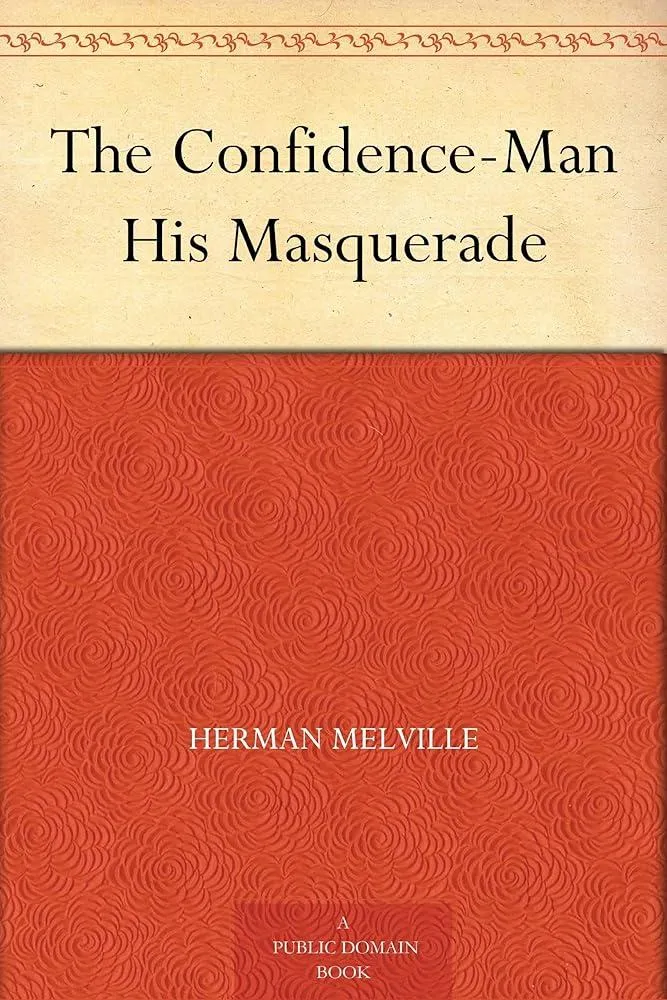A shape-shifting grifter boards a Mississippi riverboat to expose the pretenses, hypocrisies, and self-delusions of his fellow passengers. Melville's comic allegory challenges the optimism and materialism of mid-nineteenth century America.
Herman Melville
Herman Melville (1819-1891) was an American novelist, poet, and short story writer best known for his novel "Moby-Dick," a complex and symbolic work that explores themes of obsession, fate, and the struggle between good and evil. Melville's writing style is characterized by its rich symbolism, philosophical depth, and exploration of existential themes. His other notable works include "Typee," "Billy Budd," and "Bartleby, the Scrivener." Melville's contributions to literature have had a lasting impact on the development of American literature, particularly in the genre of the novel.










